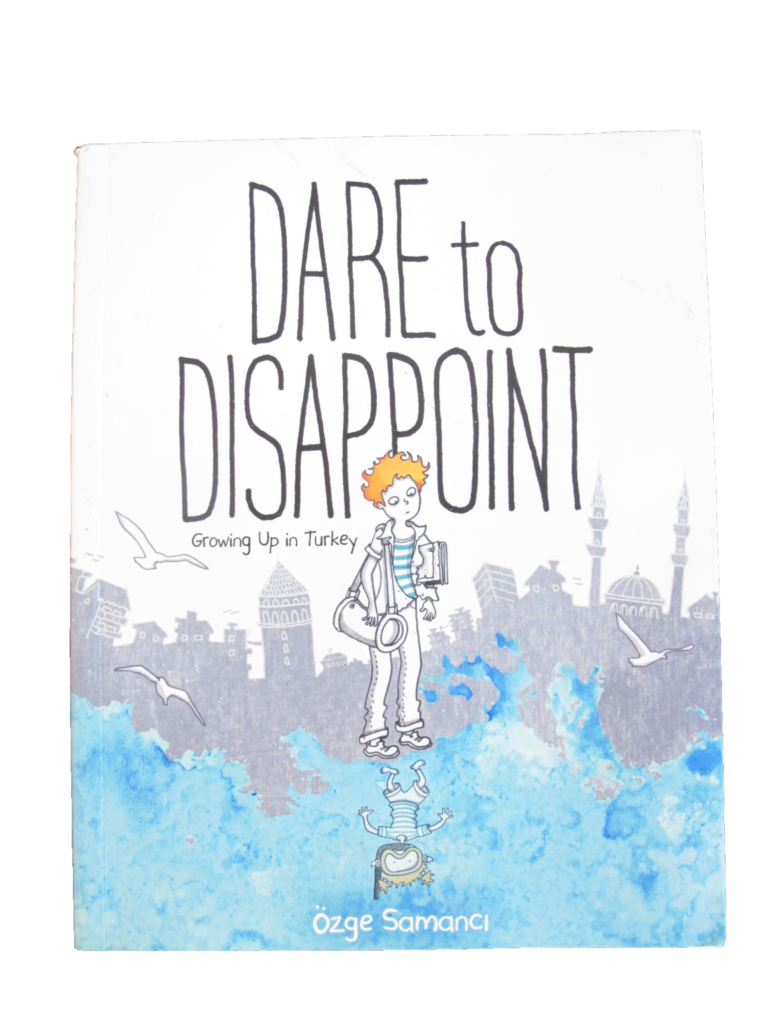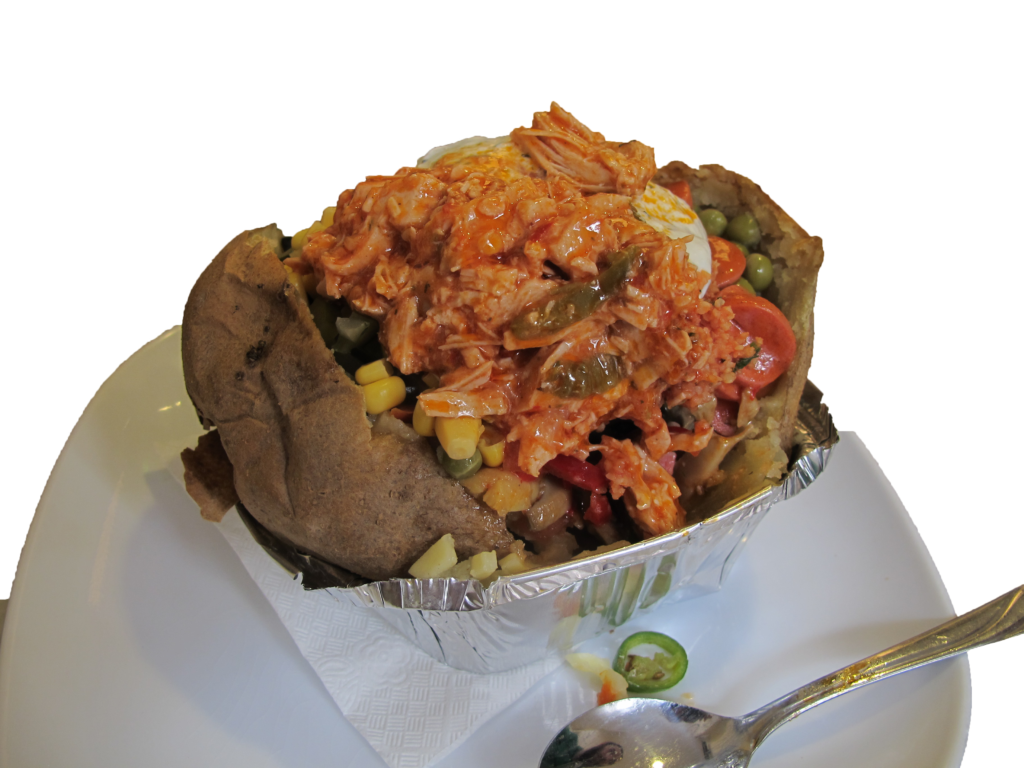Dare to Disappoint: Growing up in Turkey – Turkish Literature in English
Özge Samancı’s bildings-graphicmemoir Dare to Disappoint: Growing up in Turkey chronicles her growing up years in Izmir in the turbulent period following Kenan Evren’s 1980 military coup. Turkey’s 1980s was a time of rapid inflation, a dictatorial government, curfews, and persecution and killings of opposition members. Samancı’s parents were both public-school teachers and, as the currency devalued in the wake of the coup, they became increasingly poor. In order to silence the protests of public servants being paid less and less, the government implicitly suggested its employees begin to take bribes. This allowed for a near-complete absence of recourse for people who didn’t have money and wished for any sort of legal protection.
Samancı’s father’s response to the treacherousness of life in Turkey is to push his two daughters to do well in school and get well paying jobs. At one point, he tells them, “you have to be good at school. Otherwise, in the future you will be dependent on your husbands or us. Your husband will tell you what to do. You will lose your freedom. In this country, if you are a woman and you don’t have a job, you are ZERO, nothing, NOTHING!” Özge and her sister Pelin respond to this pressure by working very hard and attending weekend school so that they can go to more prestigious high schools and colleges. (This educational pressure was a reality for many Turkish kids of the period, including Adem.)
The political narrative is a perfect pairing to Özge’s own personal journey to find herself amongst the obstacles of the Turkish education system and her father’s insistence that she be financially successful. Through Özge and her family’s stories, Dare to Disappoint poses questions of what to do in the face of a society that restricts you and its other citizens and forces you to behave in certain very prescribed ways. Do you try to follow your dreams, or is it best to just try to survive?
This graphic novel also provides a clear window into how the Turkish present mirrors the Turkish past. The modern Turkish “democracy,” the legal system that favours those with money and power, and the intense competition among people who can be trying to raise a family working six days a week for 400 American dollars per month are all foreshadowed in Samancı’s work.
Samancı also explores the question of whether resisting the status quo is even worth it, both through her own life and in a more political sense. In one scene, her parents watch two protesters protest the government on television and remark that “they’re so brave.” However, the with backdrop of executions and jailings one can’t help but wonder where the line between stupid and brave lies.
Despite all the serious questions, Samancı is able to demonstrate the turbulence of Turkish society and its effect on her and her family in a way that is gracious rather than angry, humourous rather than jaded. If there is one book I would recommend to people trying to understand modern Turkey, this one is it.
Other things about Turkish culture you can see in the book include: political graffiti and movements, Kemalism and Kemalist attitudes towards Ataturk, Turkish communism, and the rise of kumpir.

